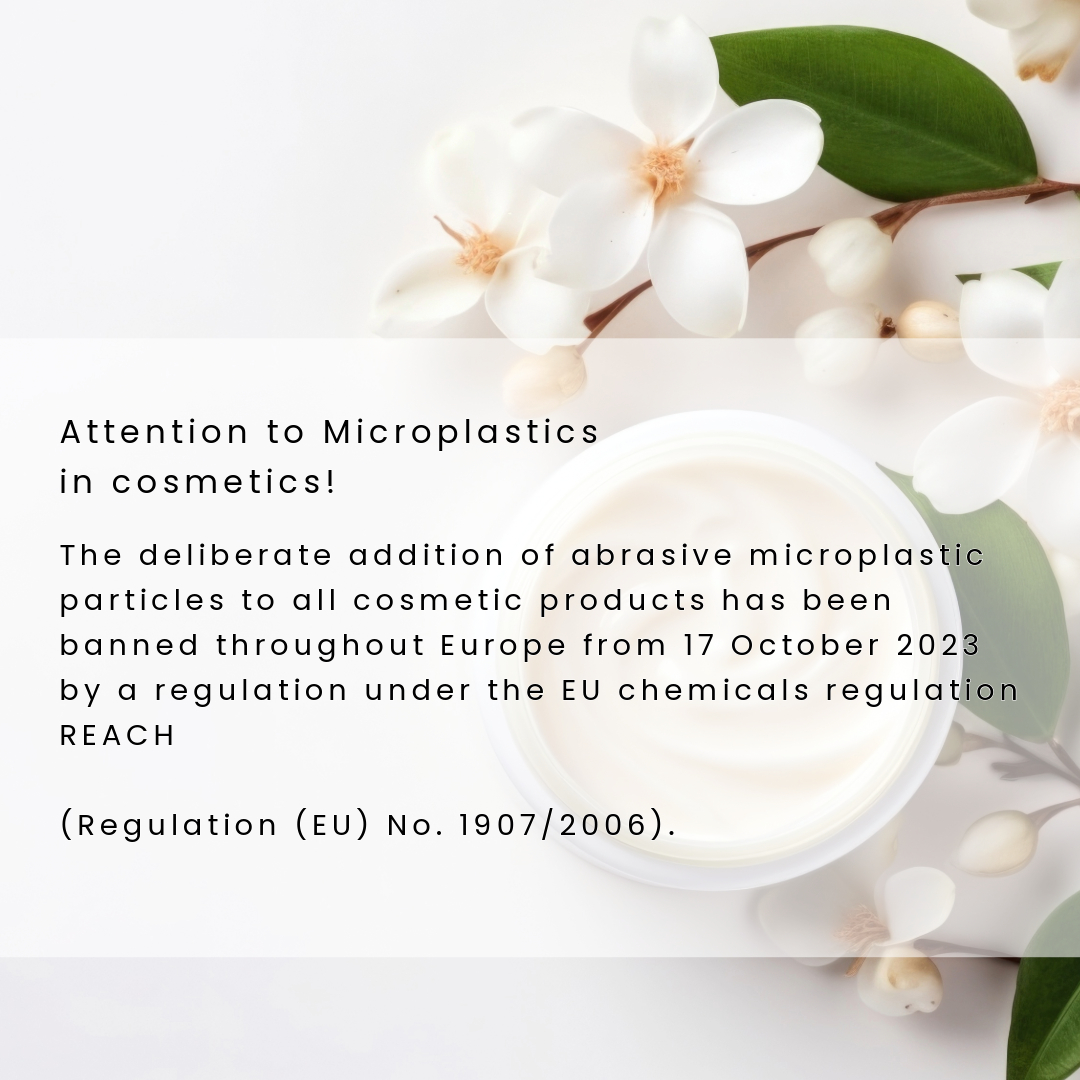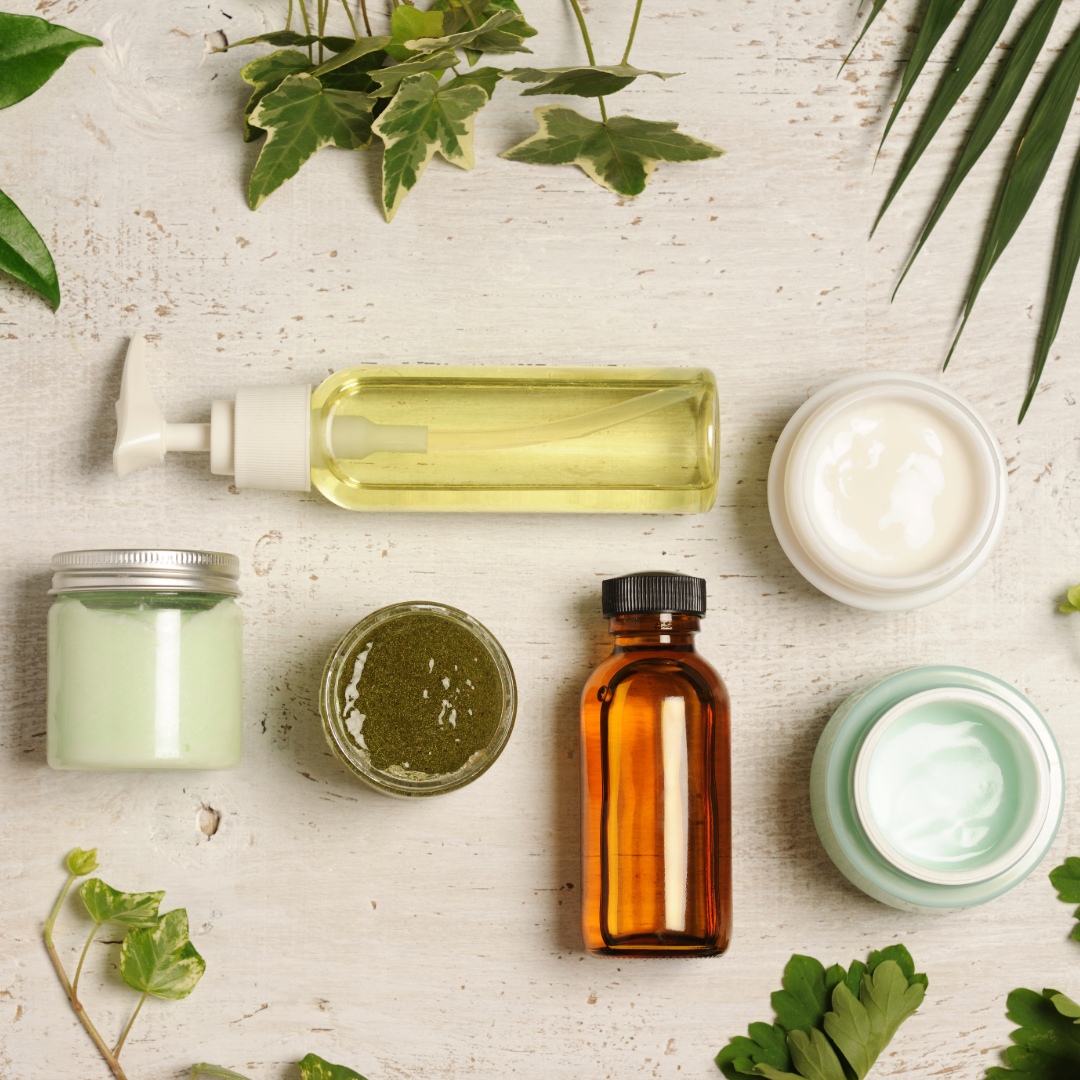
The future of the cosmetics industry: a look at the EU microplastics ban and sustainable solutions
The cosmetics industry is facing a major turning point as the EU introduces new regulations to ban microplastics in cosmetics, paints and medicines. This landmark ban signals a paradigm shift towards more sustainable production and marketing practices and presents new challenges and opportunities for the industry
Why the EU microplastics ban matters:
The EU microplastics ban, which was adopted in July 2019 and will come into force in 2022, aims to reduce the environmental impact of microplastics and protect human and natural health. Microplastics, defined as plastic particles less than 5 millimetres in diameter, have become a global environmental problem as they are widespread in water, soil and even air.
In cosmetics, paints and medicines, microplastic particles are often used as binders, fillers or exfoliants. When washed and used, they are released into the environment and can pollute ecosystems and endanger the health of animals and humans.
The impact of the ban on the cosmetics industry:
The EU microplastics ban has far-reaching implications for the cosmetics industry as companies are forced to adapt their formulations and find alternative ingredients. This will require investment in research and development, as well as working with suppliers to identify sustainable alternatives.
Some companies have already started to change their products and focus on environmentally friendly ingredients. As an innovative start-up pioneer in the water market, we offer companies the opportunity to remain sustainable in the future with our environmentally friendly and high-tech Smart Surface technology. With efficient microplastics and PFAS filtration of 99%, we help to meet upcoming regulations and trends, and significantly improve consumer health. We make a significant contribution to the environment by recycling used glass beads and extracted microplastics.

The role of klar2O in sustainable cosmetics production:
The health effects of microplastics on the human body have not been fully researched. Some studies have been published and it is known that microplastics are responsible for an increased risk of cancer. Because plastic is made from unnatural resources and does not belong in our bodies, we have dedicated ourselves to the problem of microplastics and PFAS. Our solution aims to help cosmetics companies move towards more sustainable production practices. With our advanced Smart Surface technology, we offer the best solution currently available for filtering microplastics from production water.
By integrating this technology, we not only help cosmetics companies comply with the EU microplastics ban, but also improve their environmental footprint, increase consumer confidence and position themselves as industry leaders.
Bottom line
The EU ban on microplastics is an important step towards a more sustainable future for the cosmetics industry. Companies face the challenge of adapting their products and processes to comply with the new regulations, while finding innovative solutions to reduce their environmental impact.
That’s why we offer a promising solution to help the industry make this transition. By integrating our Smart Surface technology, cosmetics companies can contribute to the reduction of microplastics and position themselves as leaders in sustainable cosmetics production.
The future of the cosmetics industry lies in sustainable practices and innovative solutions – let’s drive positive change together.
Are you ready to join us in making a big impact on the world and improving people’s health?
We look forward to hearing from you to change the world together with our breakthrough invention.
Klar2O GmbH
Werner-von-Siemens-Str.2-6
76646 Bruchsal
Baden-Württemberg, Germany
T. 49 176 92 67 888 6
Legal notice | Privacy policy | Terms and conditions
Klar2O GmbH ©
Klar2O GmbH
Werner-von-Siemens-Str.2-6
76646 Bruchsal
Baden-Württemberg
Germany
+49 176 92 67 888 6
Klar2O GmbH ©
Klar2O
Safe water
for safe life